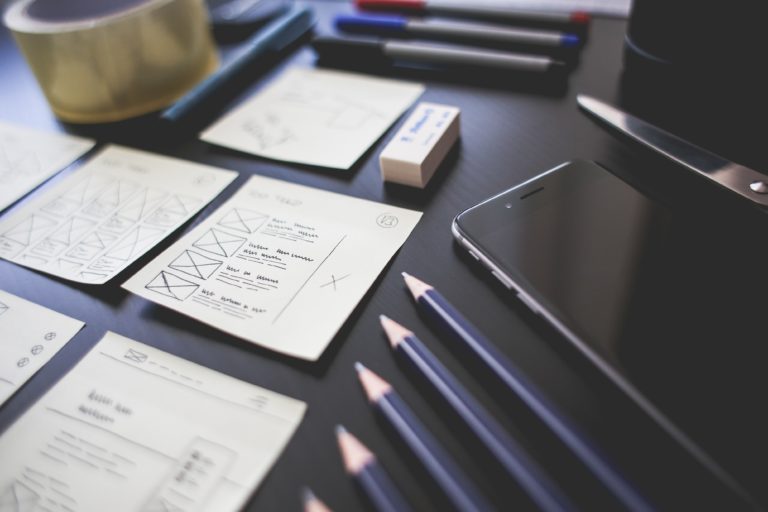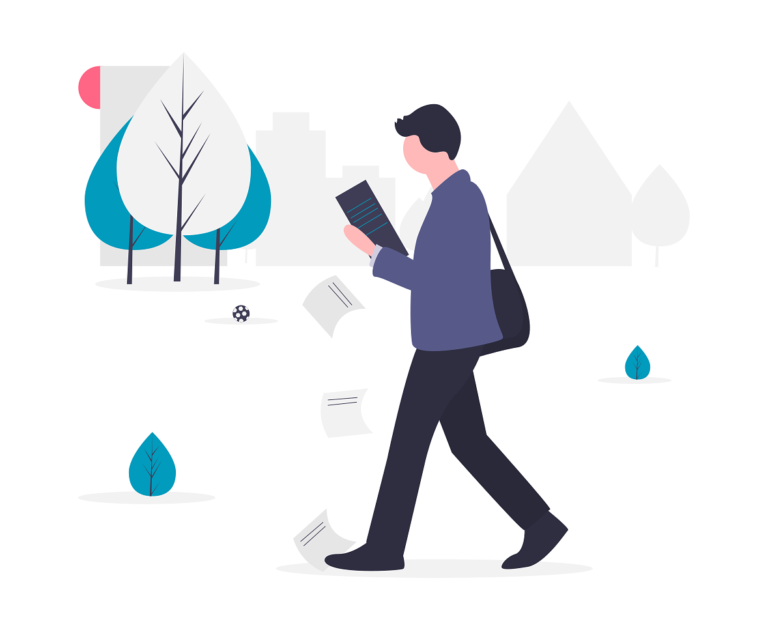Which materials can I take into academic exams?

This is the second of three chapters about Exam Preparation. To complete this reader, read each chapter carefully and then unlock and complete our materials to check your understanding.
– Remind students of the concept of university examinations
– Discuss five different groups of examination materials that students may wish to bring into academic exams
– Provide worksheets to check progress and measure understanding
Before you begin reading...
-
video and audio texts
-
knowledge checks and quizzes
-
skills practices, tasks and assignments
Chapter 2

In the first chapter of this short reader about exam preparation, we reviewed the eleven different types of exam and four different exam formats that students might encounter during their academic career. In this next chapter, the materials that students may wish to take into examination rooms such as dictionaries and calculators will be discussed. While most universities will have different rules regarding such supportive materials that should be checked carefully by students, there are nevertheless some rules which are commonly followed.
1. Stationary
The first group of materials that students may wish to consider are the items of stationary that they might need to successfully complete an exam. This may include:
- pencil cases
- pencils, pens and highlighters
- erasers and whiteout
- protractors and rulers
Pencils, for example, may be needed in arts examinations or to complete multiple-choice exam papers that are marked by machine, while highlighters might be very useful for separating information into categories. Likewise, anyone completing a mathematics or science-based exam may wish to include protractors and rulers in their pencil cases to assist with measurements and calculations. Students should note however that pencil cases should usually be clear (if accepted at all), and that corrective stationary such as whiteout is generally not allowed.
2. Technology
Some examinations may even allow or encourage students to bring in certain items of technology, such as laptops or calculators. Calculators in particular are especially important in any examination that requires complex calculations, such as during a calculus or algebra exam. However, because some calculators allow for text storage, universities usually remove the temptation to cheat by having an approved list of devices that students must strictly follow. As for smartphones and smartwatches, students are generally not allowed to use these devices and must make sure they are firmly switched off. Any student whose phone rings during an exam or who is caught wearing a smartwatch is likely to be accused of cheating.
3. Research materials
Before walking into an examination room, students should also be confident that they have the correct research materials in their possession. This may include dictionaries, notes, and potentially even subject-specific books. While many exams may not allow educational aids such as these, if a student is encouraged to bring a dictionary into an examination, they should make sure that that dictionary is of an approved standard and that it is free from any notes – suspicious or otherwise.
4. Clothing
Even the clothing that students wear may be restricted in examinations. Items such as coats in particular are generally banned in exams because they have numerous pockets to hide notes in. Students are therefore usually instructed to leave such clothing outside or in the front of the examination room. Likewise, students may also be instructed to leave items such as hats and bags at the front of the room. When completing an exam in the middle of winter, students should therefore make sure that they wear warm enough base layers to avoid feeling cold when without jacket and hat.

5. Personal wellbeing
Finally, students may also wish to bring items into the examination for their personal wellbeing, such as bottles of water, headache tablets or tissue paper for runny noses. Provided water is in a clear bottle, this item is generally allowed, but students may wish to check with their tutor to be 100% sure. Other beverages such as coffee or energy drinks are generally not recommended, and students should be wary of these drinks anyway as they increase the need to use the bathroom.
Good work on completing this second chapter about exam preparation. After completing the related Chapter 2 worksheets, students should continue studying with Chapter 3 to learn about preparing the mind and body for academic exams.
To reference this reader:
Academic Marker (2022) Exam Preparation. Available at: https://academicmarker.com/academic-guidance/examinations/exam-preparation/ (Accessed: Date Month Year).
Downloadables
Once you’ve completed all three chapters in this short reader about Exam Preparation, you might then wish to download our Chapter Worksheets to check your progress or print for your students. These professional PDF worksheets can be easily accessed for only a few Academic Marks.
Chapter 1 explores the topic: Which study skills are useful for English exams? Our Chapter 1 Worksheet (containing guidance, activities and answer keys) can be accessed here at the click of a button.
Chapter 2 explores the topic: Which materials can I take into academic exams? Our Chapter 2 Worksheet (containing guidance, activities and answer keys) can be accessed here at the click of a button.
Chapter 3 explores the topic: How should I prepare mind and body for exams? Our Chapter 3 Worksheet (containing guidance, activities and answer keys) can be accessed here at the click of a button.
To save yourself 2 Marks, click on the button below to gain unlimited access to all of our Exam Preparation Chapter Worksheets. This All-in-1 Pack includes every chapter, activity and answer key related to this topic in one handy and professional PDF.
Collect Academic Marks
-
100 Marks for joining
-
25 Marks for daily e-learning
-
100-200 for feedback/testimonials
-
100-500 for referring your colleages/friends